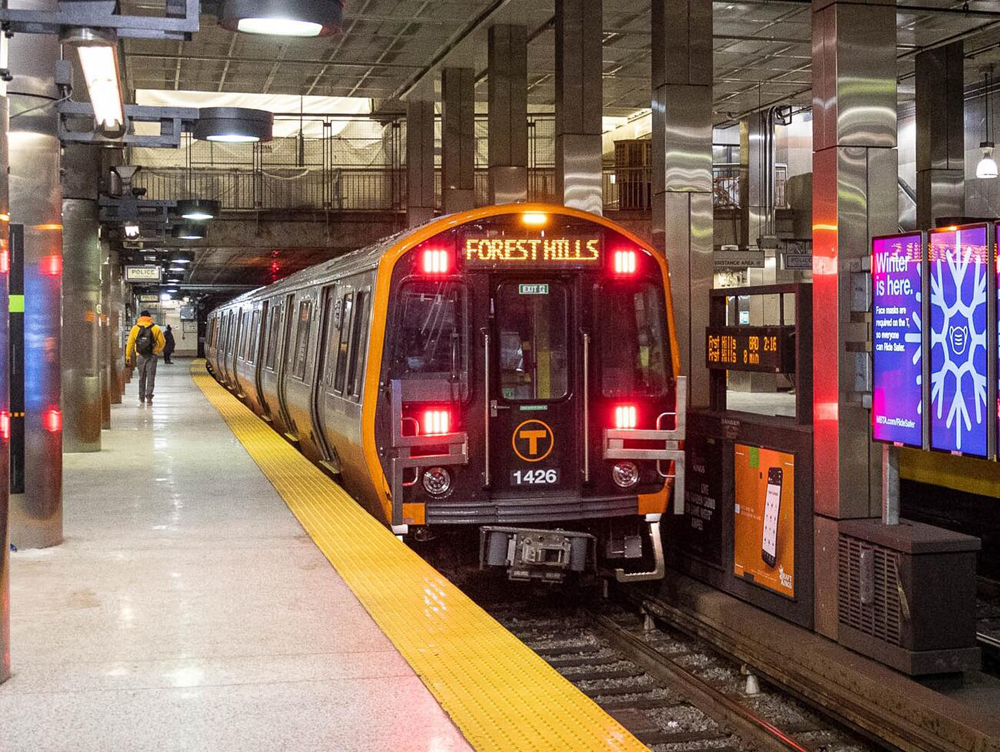
SPRINGFIELD, Mass. — The Massachusetts factory where China’s CRRC is building rapid-transit cars for the Massachusetts Bay Transportation Authority is a “toxic environment” where equipment is advanced on the assembly line despite missing parts and workers often wait months for parts to arrive because suppliers have not been paid, according to a Boston Globe report.
The CRRC MA factory in Springfield, Mass., is producing 404 cars for the MBTA’s Red and Orange lines. So far, only about 90 cars have been delivered of the roughly 340 that should have been on hand by now; four cars are supposed to be delivered monthly but none have delivered since at least September.
The MBTA recently sent CRRC a letter detailing its dissatisfaction with production and saying that the manufacturer has “abandoned its core responsibilities” to ensure production quality [see “MBTA letter blasts CRRC …,” Trains News Wire, Jan. 5, 2023]. Those cars have been pulled from service several times because of technical issues, most recently electrical arcing attributed to wiring issues [see “MBTA sidelines some Orange Line equipment …,” News Wire, Dec. 31, 2022].
The Globe spoke to former workers who said they quit over their frustrations in working at CRRC or were let go after disagreements with other employees or supervisors. One described taking a day off and returning to find a wall had been installed in a car that he had said was awaiting a part, requiring the wall to be removed so the part could be installed. In frustration, he said, he quit on the spot.
Another employee described workers watching movies on their phones, pretending to work while awaiting parts or testing cars that they knew were missing parts.
The Globe also obtained a letter in which an MBTA official said key suppliers Wabtec Corp. and Mitsubishi Electric Power Products Inc. were “withdrawing their support due to commercial issues” — apparently a reference to payment problems, at least in the case of Wabtec, based on meeting notes obtained by the Globe.
A CRRC spokeswoman did not dispute the workers’ description of conditions, the Globe said, but said in an email that the company “remains committed to delivering the Orange and Red line project and continues to work cooperatively with the MBTA project team to move this project forward.” An MBTA spokesman said the agency is “aggressively managing the contract with CRRC” and that cars put into service have met requirements.






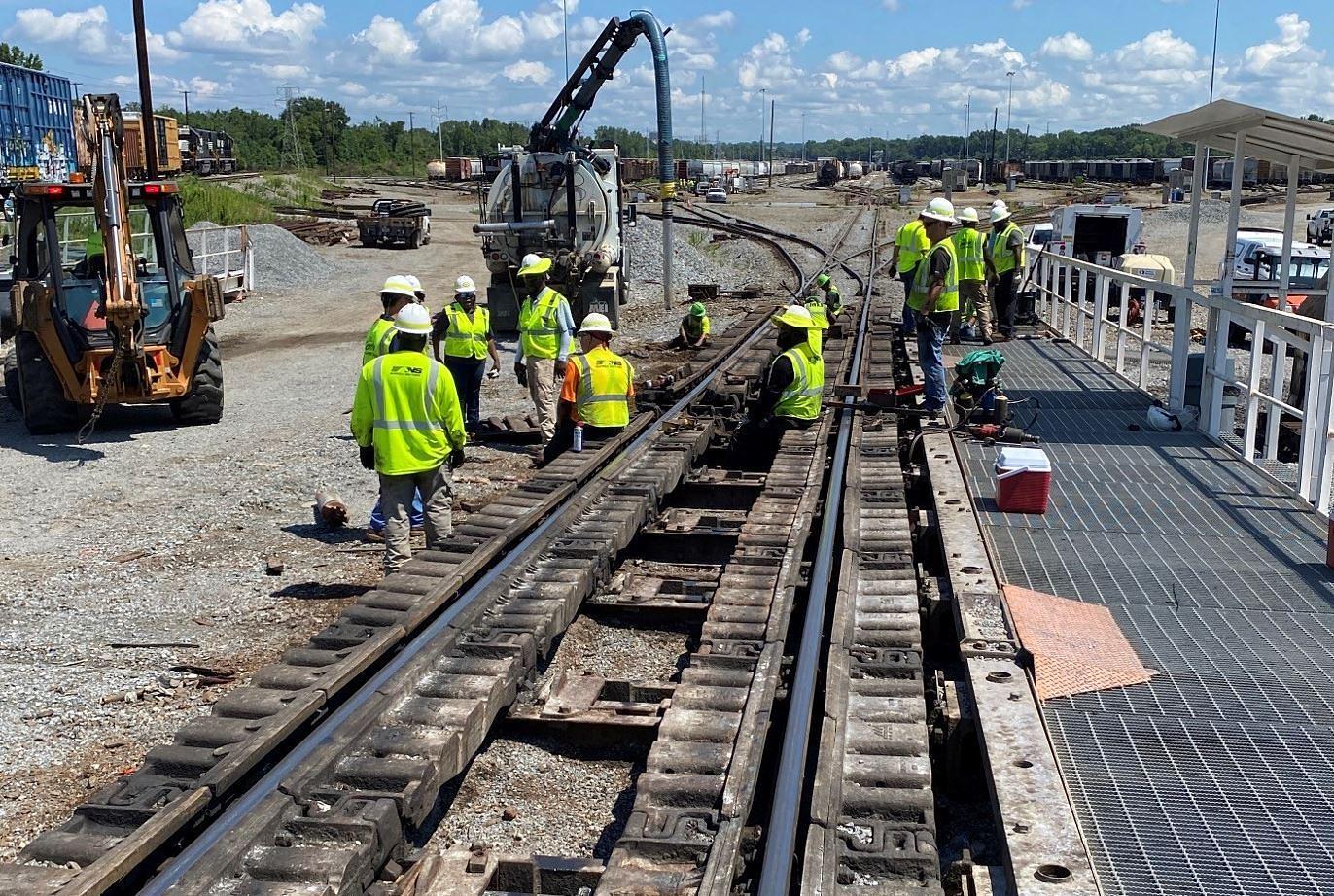



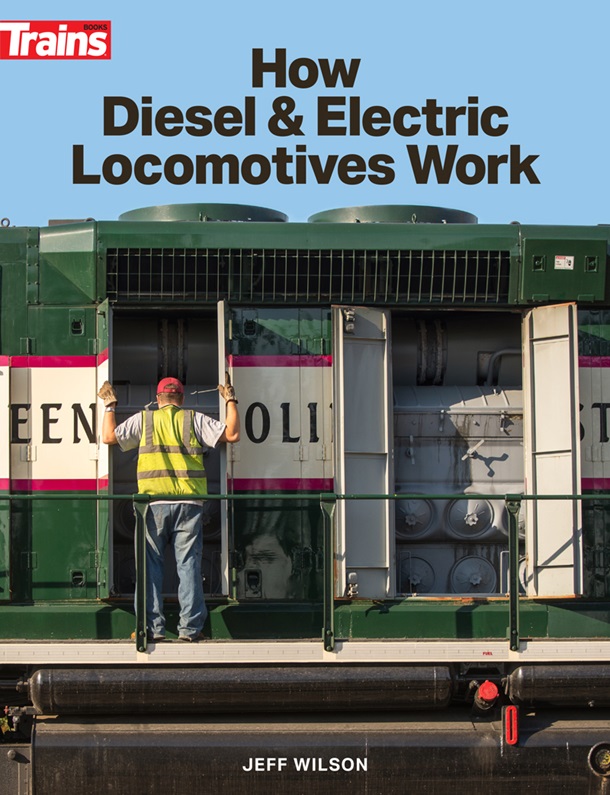

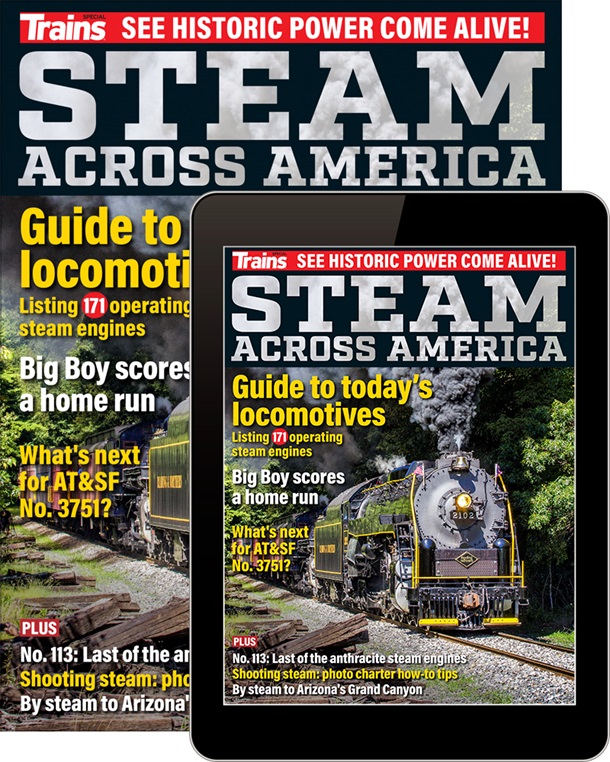
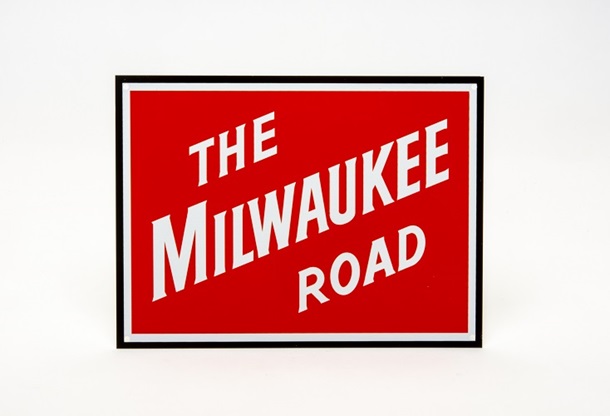
Reminds me of when the USA auto industry started pumping out trash. The wake up call was people started buying cars made overseas. The US industry tumbled down. The trouble is now the push is on to buy American made transit cars.
Sounds as if the ‘latent, political structure’ in Mass. Is “…hoist upon their own petard…”. With the demise of Domestic, American railroad equipment builders (ie: Budd, Pullman, St. Louis Car, and others)….Americans, in search of, the lowest bidders, have trained the Chi-Com’s well. They seem to have grasped all aspects of that old American saying “….When you have them by their…….; Their Hearts, and minds will follow…
Question for MBTA: If the cars you have met specification, then how come they keep breaking down? Meeting specification means they run for a considerable amount of time before breaking down.
With regard to what Mr. McGinn wrote, a CEO didn’t get his hands greasy, he just got them “greased!” And Mr. Carelton had it right as well. We have seen the enemy and he is us.
In China the disgruntled employee and family would be dealt with most harshly….(he said sarcastically)
Start with some trivia. New Haven’ stainless fleet was built in Worcester, in a plant that otherwise is lost to history. Now let’s continue the present, which be the ChiCom plant in Springfield. As we all know, there was no railcar plant in Springfield, so the ChiComs must have built it for this MBTA order. My question to all you Bay Staters is this: how much public money “incentive” did the taxpayers have to fork over to build this dysfunctional mess and train the workers?
“…workers describe pretending to work…” So they imported communism as well.
I think this thread had discoverred there are no US railcar manufacturers.
I beg to differ, and so do Siemens, Alsthom, Hitachi, Stadler….need I go on, most of the foreign manufacturers have built assembly plants in the U.S. because of the need to meet the “Buy America” requirements when Federal money is involved. Those foreign companies had to create a U.S. subsidiary to run those U.S. based plants, thereby making them U.S. railcar manufacturers at least in location if not name.
And especially Budd. Amfleet is still rolling along. MBTA should have bought from a builder with a track record, aka, Siemens, Alstom, etc.
Well, Siemens hasn’t done AMRAK any favors.
Why hasn’t MBTA exercised its termination for cause clause already? Or did they forget to include one that covers such egregious shoddy behavior?
“Quality means doing it right when no one is looking.” (Henry Ford) “The bitterness of poor quality remains long after the sweetness of low price is forgotten.” (Benjamin Franklin).
Great Franklin quotation, more relevant now than ever. Should be taught to MBAs (ha).
There’s two good things as to being as old as I am.
(1) I get the senior discount on top of the senior discount.
(2) I remember the days when the railroads and transit authorities took delivery of rolling stock (from US or Canadian manufacturers) that actually worked.
Nice 🙁
Free market was supposed to bring China out of the dark ages and bring the standard of living and business closer to western standards. This article seems to indicate that we are moving closer to Chinese business practices. What is important to remember though is a CEO somewhere got his hands greasy.
Oh, to still have Bad, Pullman or St. Louis Car.
Mr Carbonetti, Bad or Budd?